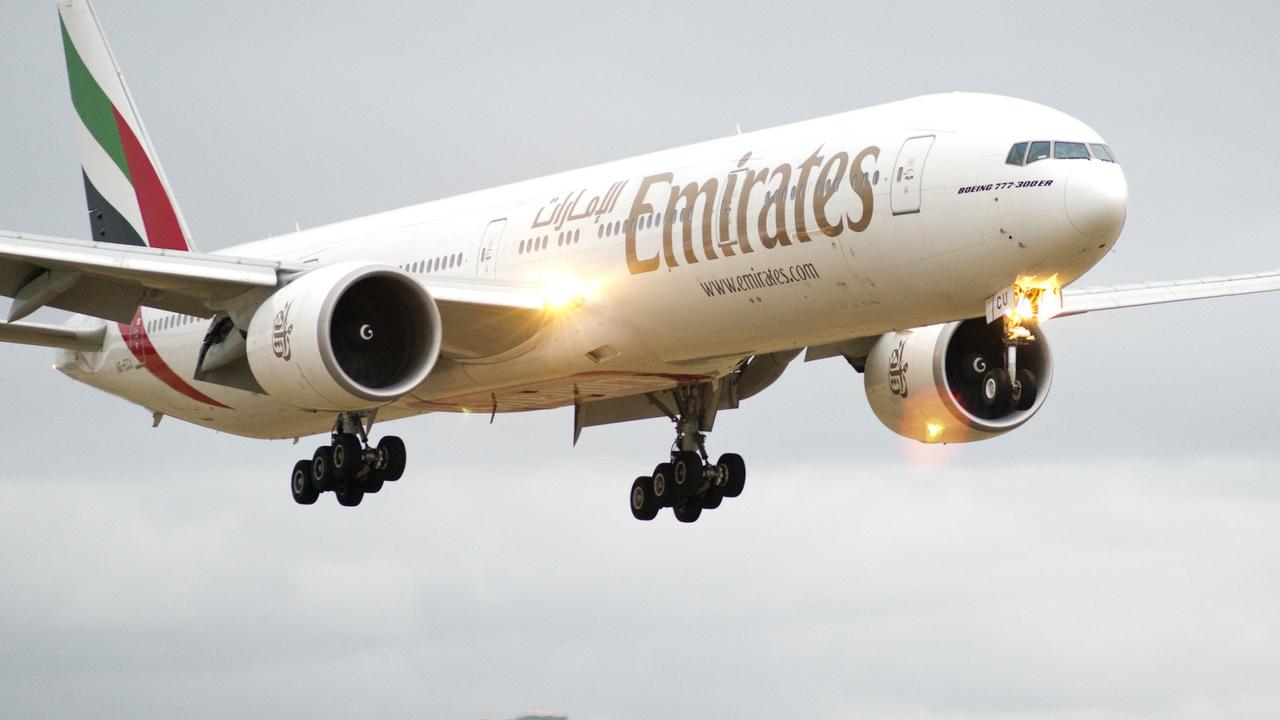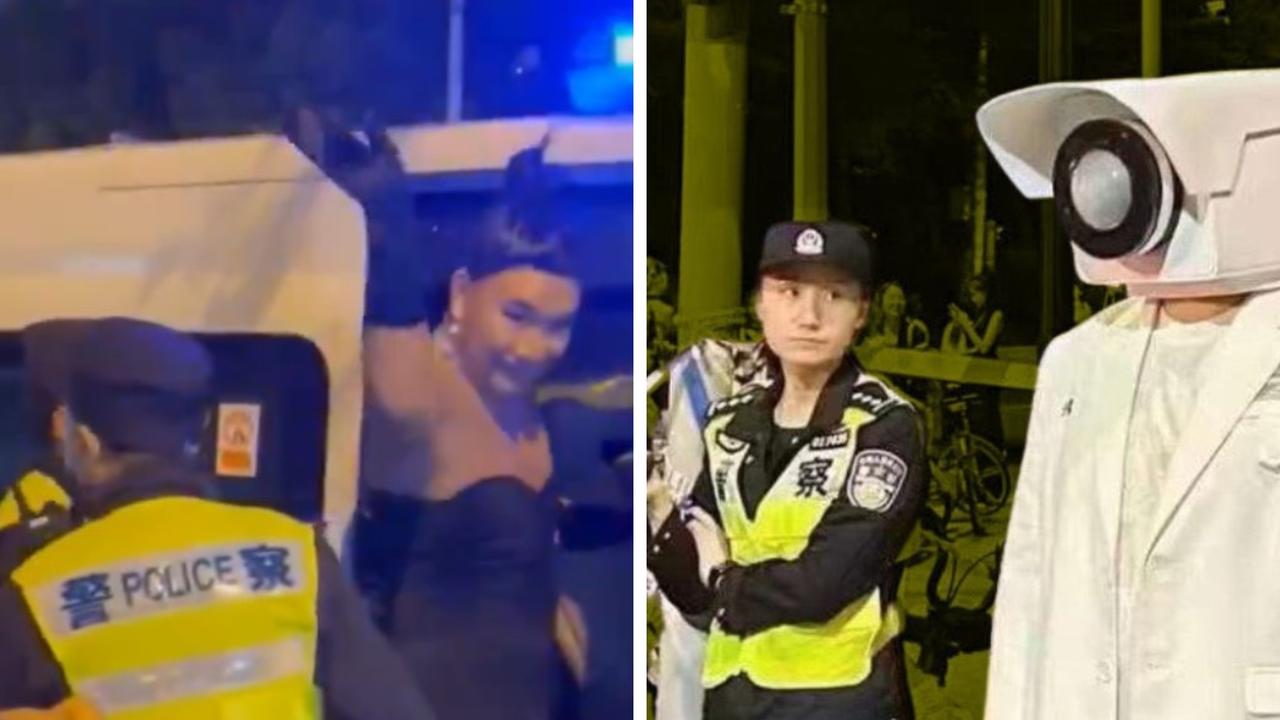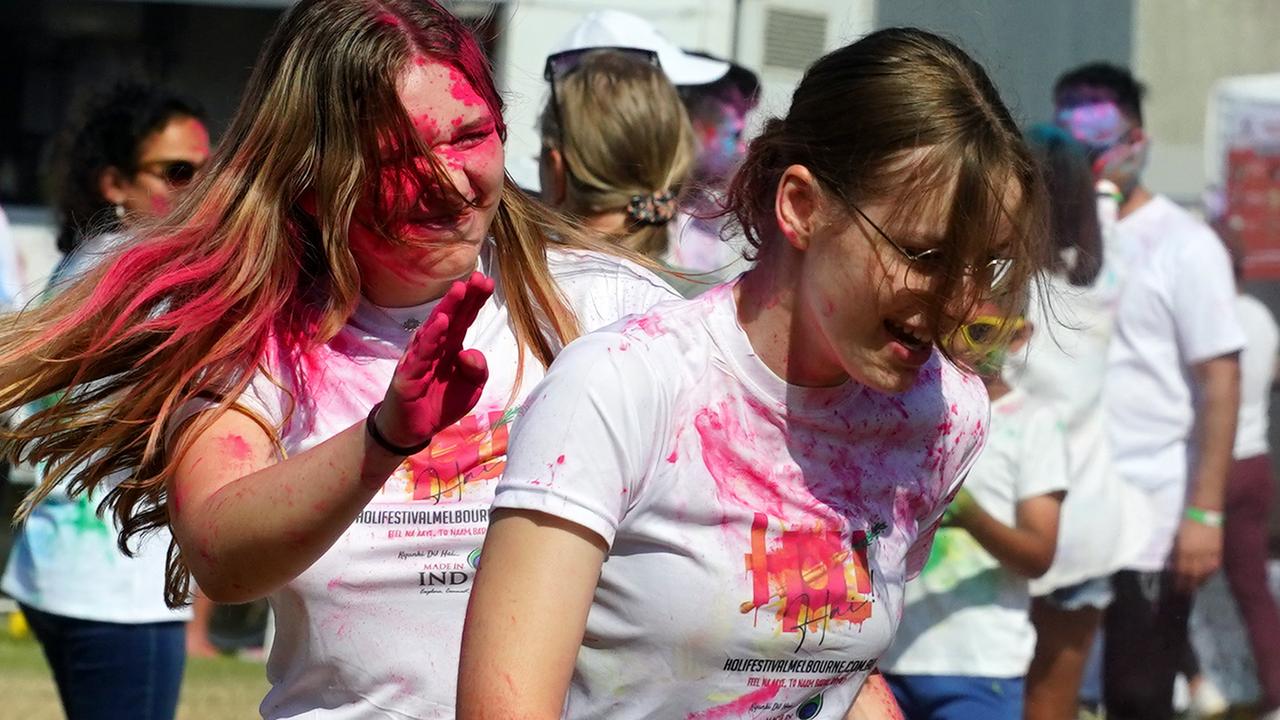Victoria, Queensland, South Australia tightens rules on Sydney travellers from Covid-affected areas
Victoria and Queensland have joined South Australia to change its rules which will require travellers from Sydney placed under new restrictions.
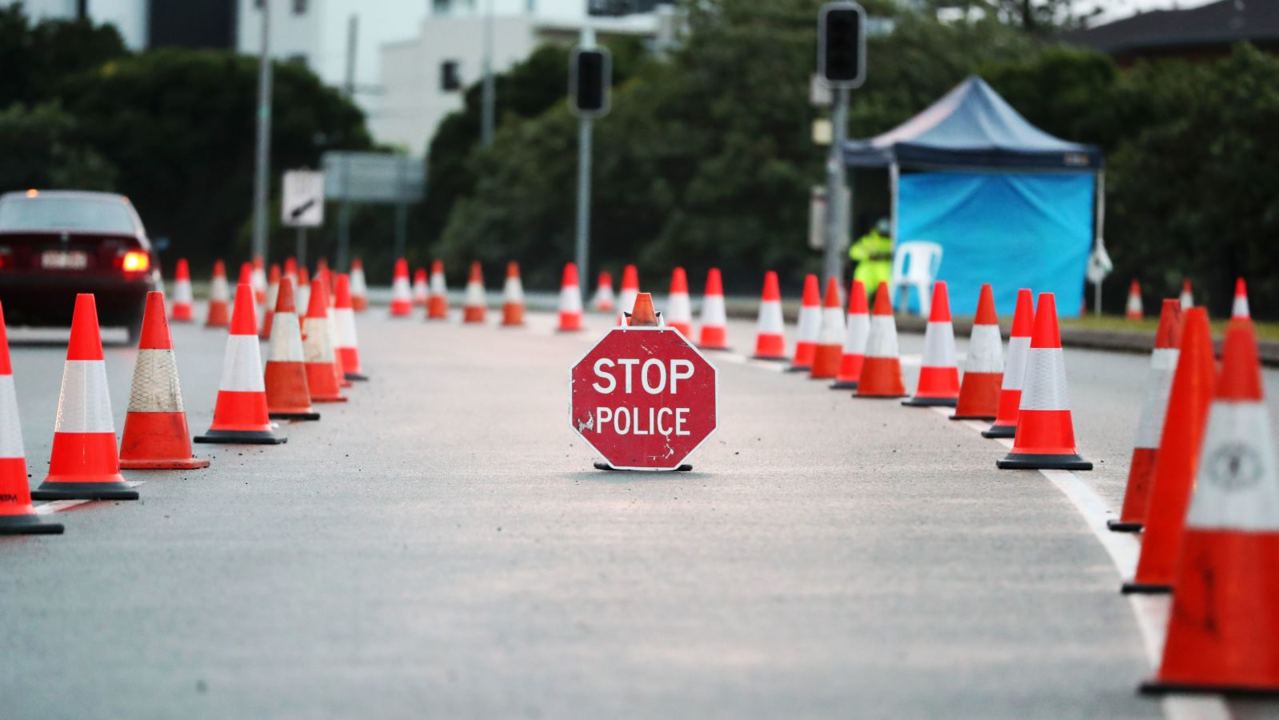
Queensland has joined Victoria and South Australia to slap new restrictions on travellers coming from certain areas of Sydney.
Queensland Premier Annastacia Palaszczuk announced her state will close its borders to a number of local government areas in Sydney after the Bondi cluster nearly doubled on Tuesday.
From 1am on Friday, Queenslanders returning home from Greater Sydney, the Central Coast, Blue Mountains, Wollongong and Shellharbour will have to go into a mandatory 14 days of hotel quarantine.
Residents and people who have spent time in those regions will not be able to enter Queensland unless they have an exemption.
Ms Palaszczuk said Queensland couldn’t afford to have Covid-19 infiltrate the state as further restrictions ease on Friday, and has urged Queenslanders to reconsider any travel to Greater Sydney.
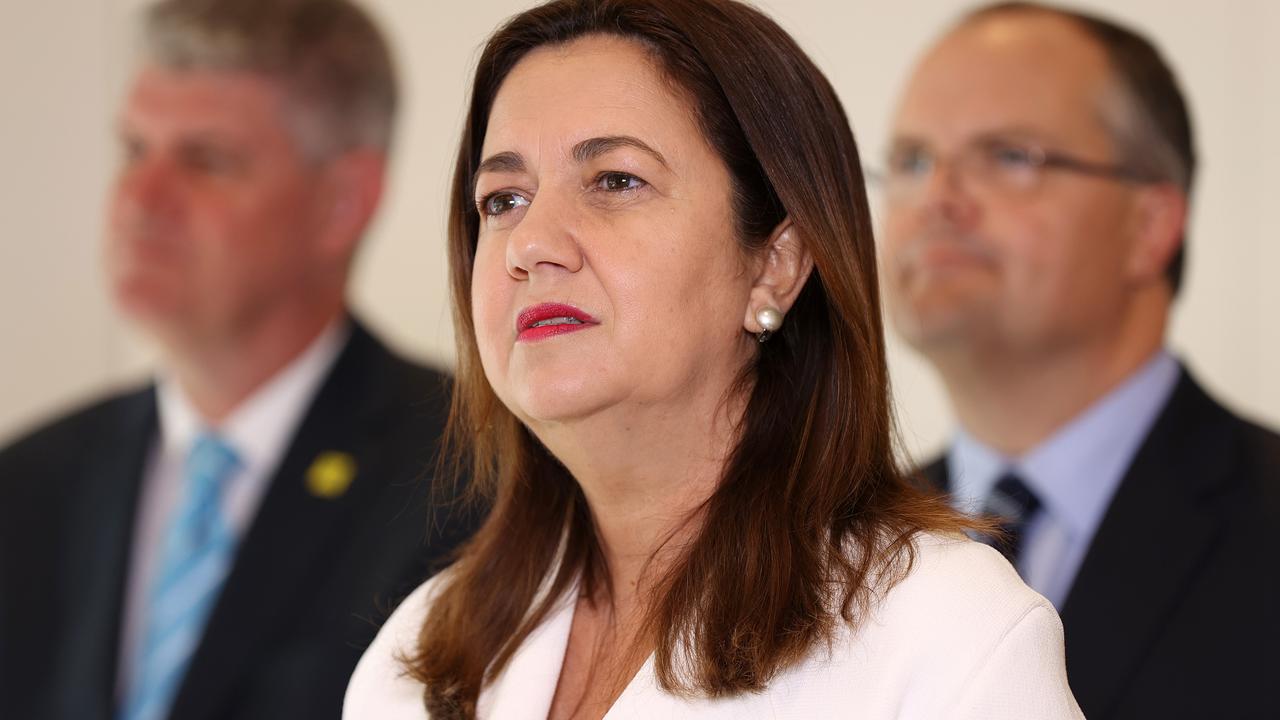
Western Australia
In Western Australia, Premier Mark McGowan has slammed the border shut to the whole of NSW.
On Wednesday afternoon, Western Australia reintroduced its hard border with NSW following an escalating outbreak of coronavirus in the eastern state, while two other jurisdictions are cutting off large parts of Sydney.
Travel into Western Australia from NSW will no longer be permitted, effective immediately, unless you are an exempt traveller.
The restrictions also apply to anyone who was in NSW and not subsequently in a jurisdiction deemed a “very low risk” for 14 days.
“We’ve been monitoring the situation closely and have scaled up our border controls as required, to keep our community safe,” Premier Mark McGowan said.
“Naturally these immediate changes will cause inconvenience but the hard border is necessary to protect the health of Western Australians.
“I want to thank everyone for their understanding.”
Anyone who recently arrived from NSW before the hard border was reintroduced, and has been to an exposure site during the relevant times, must self-quarantine for two weeks and be tested immediately as well as on day 11.
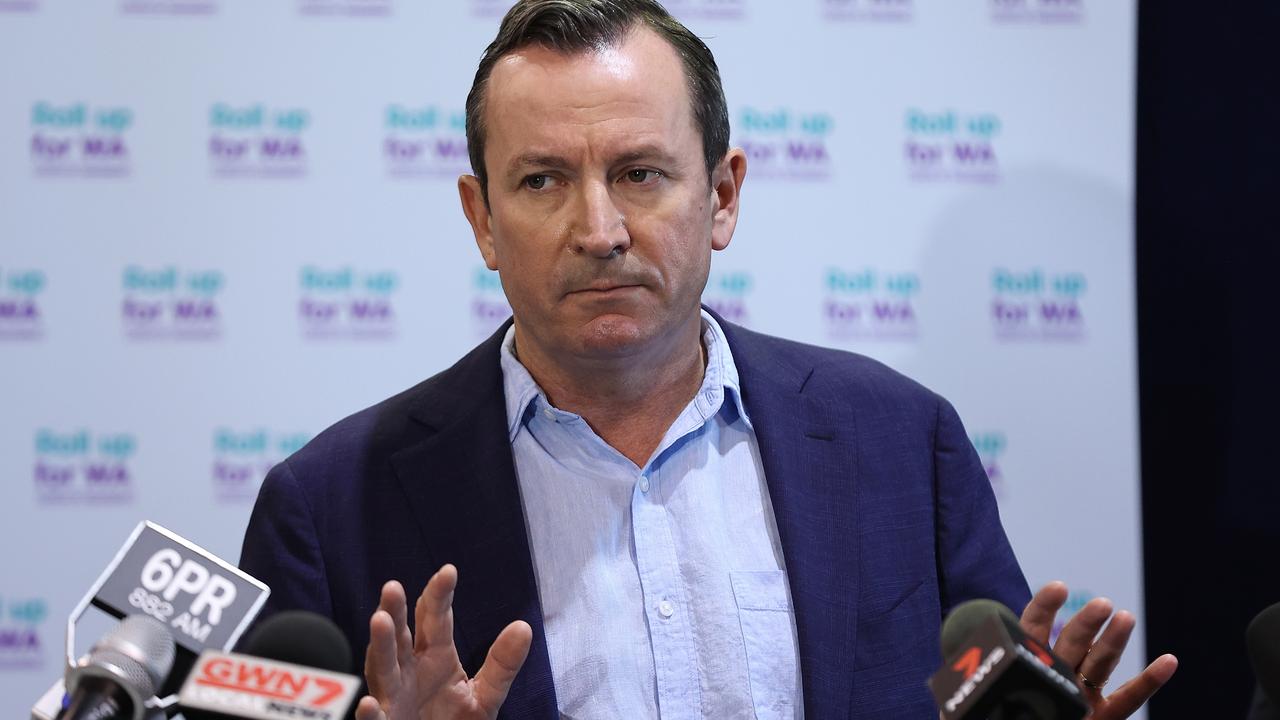
Victoria
Earlier, Victoria’s chief health officer Brett Sutton had a somewhat harsher message for the state of NSW. Prof Sutton announced the change of Victoria’s borders in a late night update on Tuesday, declaring seven local government areas in NSW as “red zones” under the state’s travel permit system, effective 1am Wednesday.
It comes as health authorities identified several new expanded potential Covid exposure sites that infectious people have visited in the last week, including two flights and more Bondi hot spots.
A spike in the NSW Covid outbreak has shocked the state as its eastern suburbs cluster grew to 21, with 10 new cases announced Monday.
The cases are almost all linked except for a mystery case; a primary school student in the east.
The NSW local government areas are:
• City of Sydney
• Waverley
• Woollahra
• Bayside
• Canada Bay
• Inner West
• Randwick
Victorian residents who have travelled within one of those red zones (other than for transit) can obtain a permit to re-enter the state but they must quarantine at home for 14 days.
If you are a non-Victorian resident and have been within a red zone (other than for transit), “you cannot enter Victoria”.
“If you try to enter Victoria at a land border from a red zone without a permit, you will be sent back,” a statement from Victoria’s health department said.
“If you enter at an airport or seaport from a red zone without a permit, you will be fined and will stay in Hotel Quarantine until return transport is arranged.”
Professor Sutton “strongly discouraged” non-essential travel into Victoria either of the zones and warned, “you cannot get a permit to enter Victoria” if you have been in affected areas.
“If you have symptoms, don’t travel – get tested.”
‘Orange zone’
Victoria has also listed the coastal city of Wollongong, south of Sydney, as an “orange zone” effective 1am Wednesday.
If you’ve been in an orange zone – or in a previously-designated orange zone before it became a red zone – you need an orange zone permit to enter Victoria, health officials said. Orange zone permit holders must isolate on arrival, get tested, and stay isolated until they get a negative result.
All arrivals into Victoria must apply for a travel permit at https://t.co/v9Ej7FMa8U even if you are entering from a green zone. See exemptions and exceptions at https://t.co/E5rO3Qqkrv.
— VicGovDH (@VicGovDH) June 22, 2021
[8/10]
South Australia
South Australia has introduced a hard border with NSW, with travellers who have been anywhere in NSW in the 14 days before their arrival — but not before June 11 — unable to enter.
However, a 100km buffer zone is in place for people living near the border, including Broken Hill.
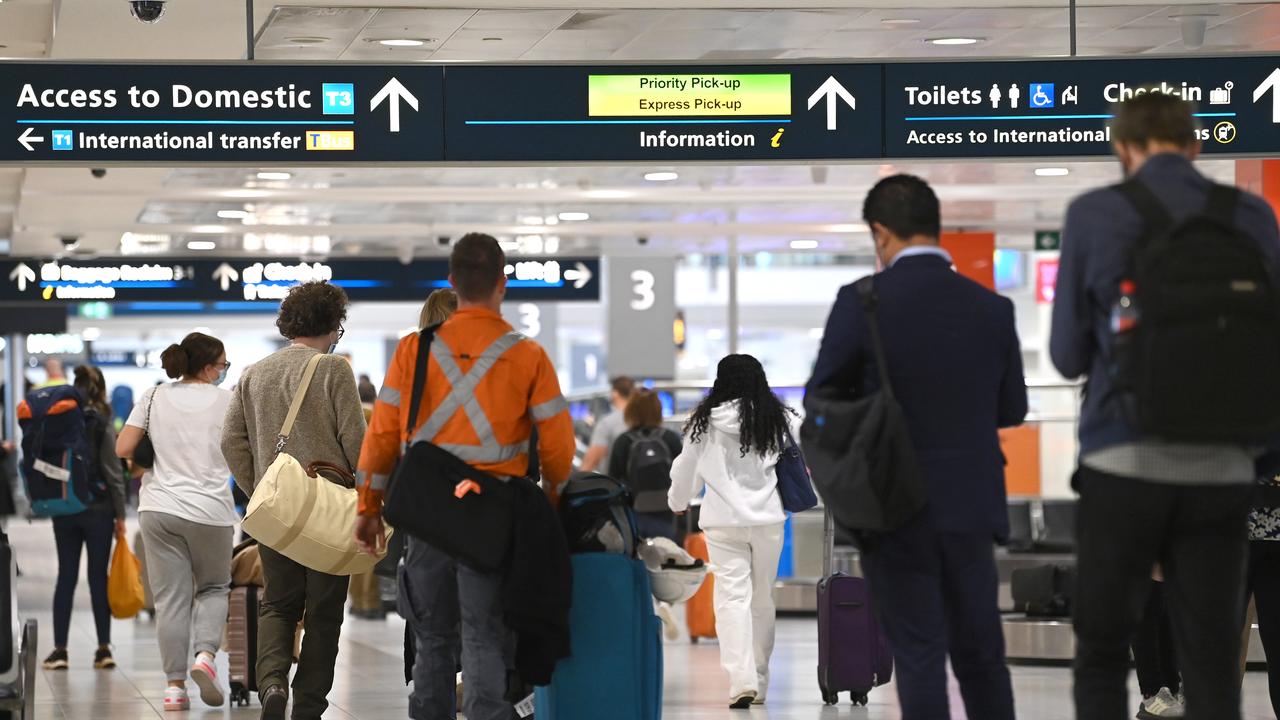
SA Premier Steven Marshall said authorities had to make the changes “in response to the situation that‘s unfolding in NSW”.
“We do that to keep South Australia protected. We're enjoying a quality of life and a strong economy, the likes of which many other parts of the world are hugely envious of at the moment,” he said on Monday.
Queensland
Queensland will close its borders to a number of local government areas in Sydney amid the growing Bondi cluster.
From 1am on Friday, Queenslanders returning home from Greater Sydney, the Central Coast, Blue Mountains, Wollongong and Shellharbour will have to go into a mandatory 14 days of hotel quarantine.
Residents of those local government areas will not be able to enter Queensland unless they have an exemption.
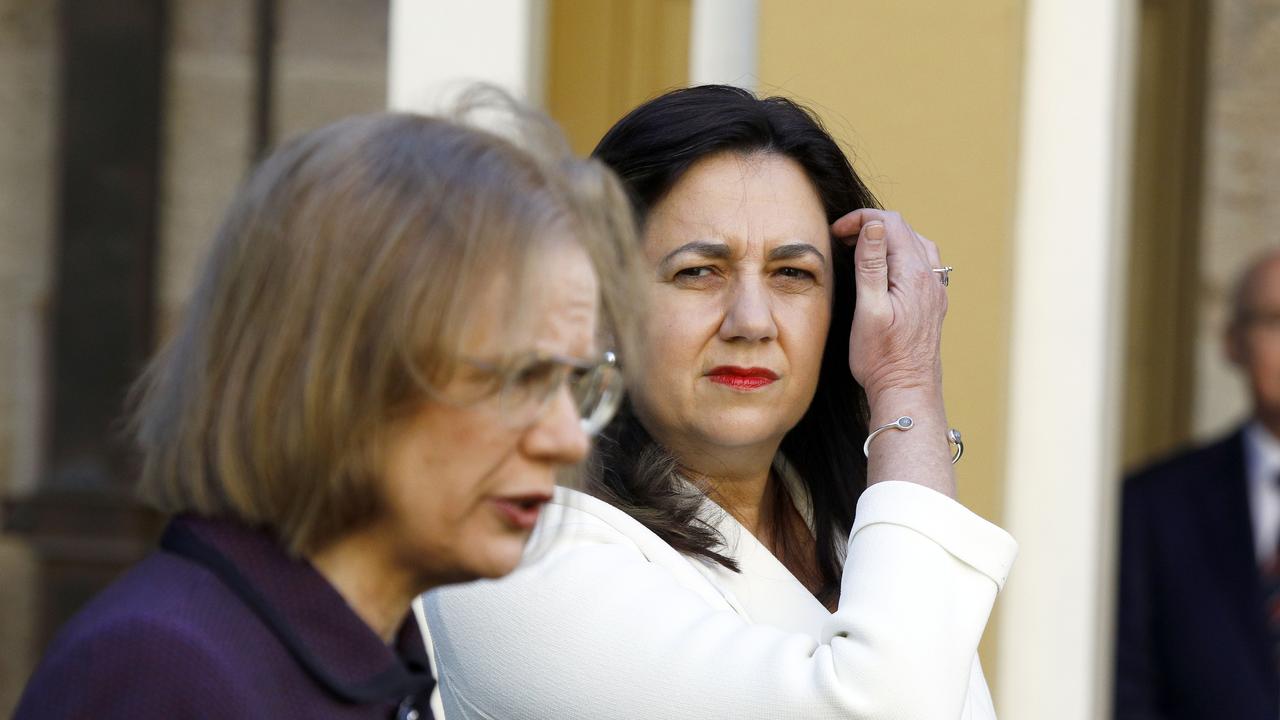
Ms Palaszczuk said Queensland can’t afford to have Covid-19 infiltrate the state as further restrictions will ease on Friday, and has urged Queenslanders to reconsider any travel to Greater Sydney.
Chief health officer Dr Jeannette Young said the fact it was the Delta variant spreading throughout Sydney was of major concern, as more than 120 exposure venues are now listed throughout the city.
“At the beginning of the pandemic I was saying you need 15 minutes of close contact to transmit,” she said.
“Now it looks like it’s just five or 10 seconds that are a concern.
“The risk is so much higher now than it was a year ago.”
Queensland police will be upping their random patrols.

